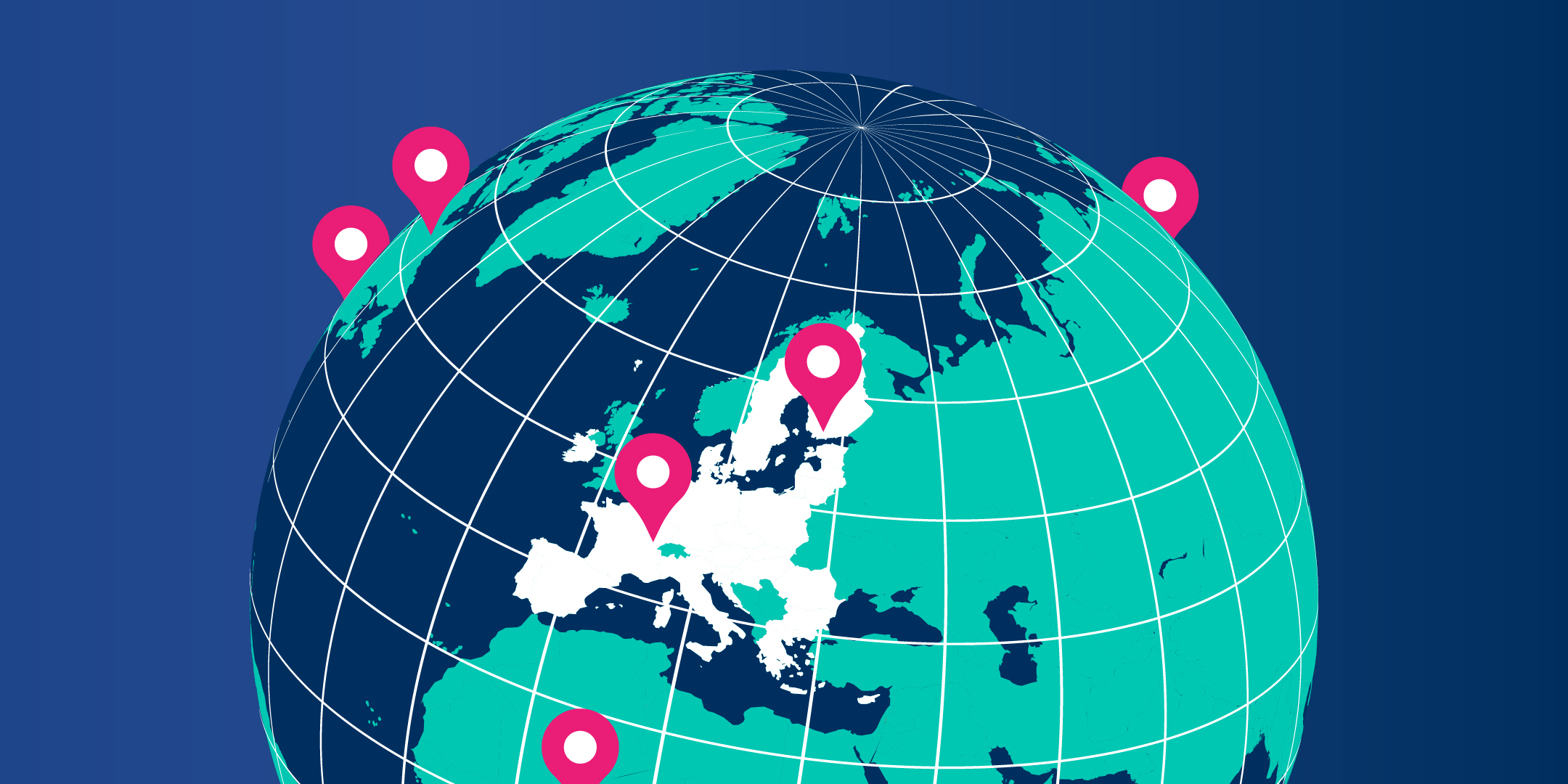Three million euros in EU funding for Finnish research into fusion energy and artificial intelligence
The EUROfusion consortium, which is organizing European fusion research, has granted significant funding for Finnish research into fusion energy and artificial intelligence to support it. The E-TASC Helsinki Advanced Computing Hub, a new center for AI support for fusion research, primarily aims at improving the computational prerequisites for fusion energy.
With its three million euros in funding for the 2021-2025 period, the new center will become the largest single EUROfusion project that Finland has ever received.
Participants in the joint effort led by the University of Helsinki also include VTT Technical Research Centre of Finland Ltd, Aalto University, CSC IT Center for Science Ltd., and Åbo Akademi University.
– Getting a center for artificial intelligence support for fusion research is an excellent indication of how the strong skills and knowledge of artificial intelligence in the Helsinki region can be combined with other fields of science, thereby promoting Finland’s international research funding, says Kai Nordlund, Dean of the Faculty of Science at the University of Helsinki, and Professor in Computational Materials Physics.
– The Center combines the AI skills of the University of Helsinki, CSC’s skills in high-performance computing, Aalto’s skills in fusion physics, Åbo Akademi’s skills in information technology, and VTT’s skills in fusion power plants. Passing on the combined skills and knowledge to other fields of science, and for the use of Finnish industry is an especially important goal, says Tuomas Tala, the head of EUROfusion’s FinnFusion consortium, and leading researcher at VTT.
– Fusion energy is a great long-term research effort for humanity. We are happy to be part of the significant Finnish project that is now getting funding, especially in the sectors of data management services and expertise of the top-class supercomputer LUMI, says program director Janne Ignatius at CSC.
– The supercomputer LUMI, which is to be built in Kajaani, is the best possible resource for handling the long and memory-intensive calculations required by fusion simulations and artificial intelligence applications, says Jan Westerholm, Professor of High-performance Computing at the Information Technology department at Åbo Akademi University.
Clean energy through fusion
The possibilities offered by fusion energy have been studied since the 1950s. Contrary to current fission-based nuclear reactors, energy production in fusion reactors is based on bringing isotopes of hydrogen together. Therefore, fusion would offer a form of energy production in which the availability of fuel would be geopolitically neutral. Fusion energy also does not cause greenhouse gas emissions. Fusion energy has faced challenges in, for example, the management of the extremely high temperatures required by the process, the uniformity of energy production, and the management of the required large-sized equipment. The European Union has the goal of generating electricity from fusion energy by 2050. The EUROfusion consortium hopes to get a demo power plant into operation already in 2040.
The E-TASC Helsinki Advanced Computing Hub for fusion research will start its operations in July 2021. The location of the center will be the Kumpula campus of the University of Helsinki.
The EUROfusion consortium granted funding to a total of five specialized computing centers which also include the E-TASC Helsinki Advanced Computing Hub. Finland’s application was second among all European applications.
